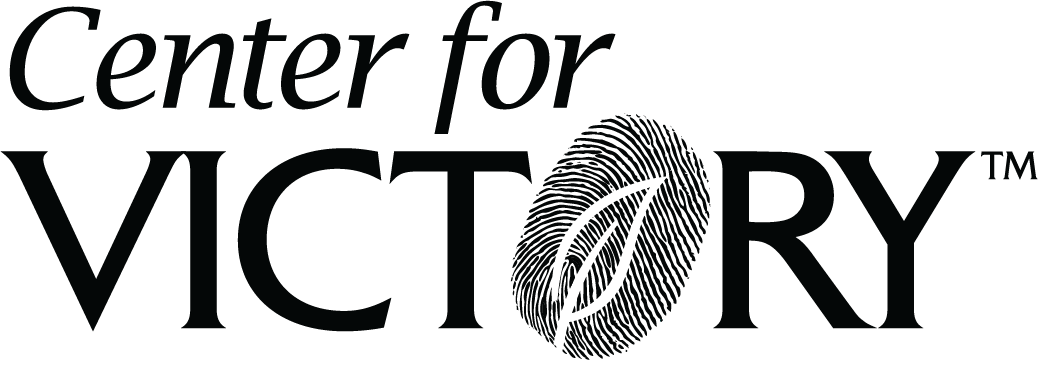Episode 183: Why is it Difficult
Navigating Difficult Workplace Mediation
In this week’s podcast episode, Chief Victory Officer, Eric Guy is joined by workplace conflict expert, Carol Bowser. Together, they delve into the complexities of workplace mediation, sharing practical tools for resolving difficult conflicts and improving workplace relationships.
In the latest episode of the Your Best Day Yet podcast, Chief Victory Officer Eric Guy sits down with Carol Bowser, a renowned workplace conflict expert. Together, they unravel the intricacies of workplace mediation, offering practical tools for resolving conflicts and enhancing workplace relationships. The episode delves into how modern demands on employees and employers shape conflict dynamics and the importance of mediation in fostering a harmonious work environment.
The Impact of Loud and Angry Voices
One of the primary insights discussed in the episode is how loud and angry voices often dominate our attention, especially on social media. Carol Bowser highlights that these voices can distort our perception of conflict and exacerbate tensions within the workplace. “The angry voices are the really loud voices,” she notes, emphasizing the need to tune out the noise and focus on constructive dialogue.
Bowser and Guy stress the importance of moving beyond the blame and shame culture that permeates many workplaces. Instead of assigning blame, the focus should be on understanding the underlying issues and finding mutually beneficial solutions. This shift in perspective is crucial for effective conflict resolution and fostering a positive work environment.
Evolving Workplace Demands
Another significant topic covered in the podcast is the increasing demands placed on both employees and employers in today’s work environment. Compared to previous generations, there is a heightened expectation for performance, productivity, and personal fulfillment at work. This escalation in demands can lead to increased stress and conflict.
Eric Guy points out that understanding mutual rights and responsibilities in the employment relationship is essential. Both employers and employees need to recognize their roles in maintaining a healthy work environment. This mutual understanding can prevent conflicts and create a foundation for resolving issues when they arise.
The Role of Mediation
Mediation plays a pivotal role in resolving workplace conflicts by developing mutual solutions. Bowser explains that mediation is not about deciding who is right or wrong but about finding a resolution that satisfies all parties involved. This approach requires a willingness to listen, understand different perspectives, and collaborate on solutions.
“It’s crucial to have the tools, framework, and language to solve conflict effectively,” Bowser emphasizes. Without these resources, conflicts can escalate and become more challenging to resolve. Training employees and leaders in conflict resolution techniques can significantly improve the workplace atmosphere and prevent minor issues from becoming major problems.
Identifying Blind Spots
Every organization has blind spots – areas where problems persist unnoticed or unaddressed. Bowser advises finding someone who can identify these blind spots within your organization. This person could be an external consultant, a trusted colleague, or a member of the human resources team.
Identifying blind spots involves looking at assumptions about roles, processes, and systems that shape expectations. By questioning these assumptions and seeking feedback from employees, organizations can uncover hidden issues and address them proactively.
Perspectives on Conflict
One of the key takeaways from the podcast is the difference in how leaders and employees perceive difficult conflicts. Leaders often view conflicts from an organizational perspective, focusing on how the issue impacts the company as a whole. In contrast, employees tend to see conflicts personally, focusing on how the issue affects their individual work experience and relationships.
Understanding these differing perspectives is essential for effective conflict resolution. Leaders need to empathize with employees’ personal experiences and address their concerns while also considering the broader organizational impact. This dual approach can help bridge the gap between management and staff, fostering a more cohesive and supportive work environment.
Overcoming Fear of Conversations
Bowser and Guy also discuss the fear many people have about initiating difficult conversations. “We might fear conversations because we don’t know how to start them,” Bowser explains. This fear can lead to avoidance, allowing conflicts to fester and grow.
To overcome this fear, Bowser suggests using structured frameworks and language for starting conversations. Having a clear plan for how to approach the discussion can alleviate anxiety and facilitate more productive dialogue. Practice and preparation can also build confidence, making it easier to address conflicts head-on.
The Your Best Day Yet podcast episode with Eric Guy and Carol Bowser offers valuable insights into workplace mediation and difficult conflict resolution. By understanding the impact of loud and angry voices, recognizing evolving workplace demands, embracing mediation, identifying blind spots, and addressing differing perspectives on conflict, organizations can create a more harmonious and productive work environment.
Mediation is about developing mutual solutions and moving beyond blame and shame. With the right tools, framework, and language, employees and leaders can effectively resolve conflicts and foster a culture of understanding and collaboration. For anyone interested in improving workplace relationships and conflict resolution skills, this episode is a must-listen.
Make this your BEST DAY YET! Learn more at resources.CenterForVictory.com.
Search Podcasts
Recent Episodes
Subscribe!
Thanks for subscribing! Please check your email for further instructions.
